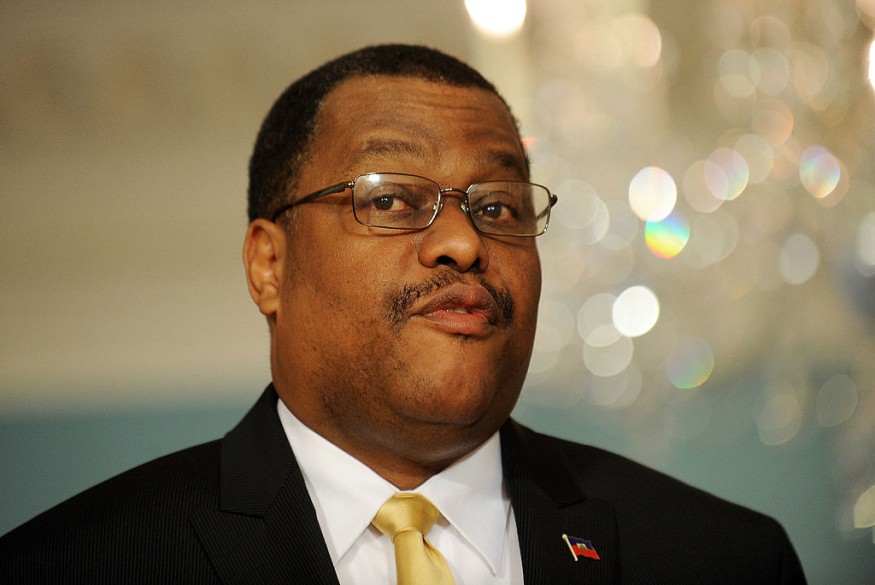Haiti Transitional Council Choses Garry Conille as the New Prime Minister

Garry Conille was named as the new Haiti prime minister on Tuesday evening. This came nearly a month after a fractured transitional council had chosen a different candidate.
The decision comes amid escalating gang violence in Port-au-Prince, where gangs are attacking neighborhoods and destroying police stations and prisons.
Council member Louis Gérald Gilles told The Associated Press that six of seven voting council members chose Conille earlier on Tuesday. One member, Laurent St. Cyr, was not in Haiti and did not vote.
Conille, UNICEF's regional director for Latin America and the Caribbean, served as Haiti's prime minister from October 2011 to May 2012.
He replaces Michel Patrick Boisvert, who served as interim prime minister after Ariel Henry resigned in late April.
Council Tasks and Future Elections
Edgard Leblanc, who is serving as de facto president, leads the transition council, which has some presidential powers, said Reuters.
They are responsible for organizing elections before Feb. 7, 2026, as Haiti's constitution requires.
"After discussions within the transition council and interviews with prime minister candidates, Dr. Garry Conille was chosen by consensus to lead the government," Leblanc announced on social media.
Conille's appointment marks progress in Haiti's political process.
This follows Prime Minister Ariel Henry's resignation in March after leaving Haiti to seek support for a Kenyan security mission and being unable to return.
Haiti has not had a president since Jovenel Moise's assassination in 2021.
"My sincerest congratulations," said business leader Alix Didier Fils-Aime, another candidate for the role. "I still believe in this country. Long live Haiti!"
Conille now faces the challenge of addressing rampant insecurity, with more than 360,000 people displaced due to gang violence, mostly in Port-au-Prince, according to UN estimates.
Political Deal and Selection Controversy
The deal to create the transitional council was made on March 11 during a meeting of Caribbean leaders in Kingston, Jamaica, with help from U.S. Secretary of State Antony Blinken, according to Miami Herald.
Haitian leaders attended via video conference due to gang attacks suspending all flights in and out of Port-au-Prince.
Council members agreed to appoint a new prime minister to replace Henry, who was ousted under U.S. pressure.
The council is tasked with forming a new government and preparing for the Kenya-led Multinational Security Support mission to help the Haiti National Police combat gangs.
They are also responsible for securing general elections by February 2026.
The selection process faced criticism for perceived corruption and lack of transparency. The US Embassy in Port-au-Prince urged a transparent process to choose a prime minister based on merit and impartiality.
Initially, the council limited the process to 15 applicants, but 68 applications were received.
A five-member committee narrowed this to five finalists, including Conille.
A public debate was announced but later replaced by interviews due to accusations of neglecting responsibilities.
Critics, including former Prime Minister Jean Michel Lapin, voiced concerns over the council's actions, questioning their ability to govern effectively and organize elections.
"The council members' actions show that political solutions alone cannot address Haiti's problems," Lapin said. "This will likely be another waste of time, similar to Prime Minister Henry's government."
In an interview with radio station Magik 9, the head of the Haitian Tet Kale Party accused the council of improvisation and called for transparency in the selection process for the new prime minister.
This article is owned by Latin Post.
Written by: Ross Key
WATCH: Haiti PM resigns amid political infighting - From Al Jazeera English
Subscribe to Latin Post!
Sign up for our free newsletter for the Latest coverage!
















